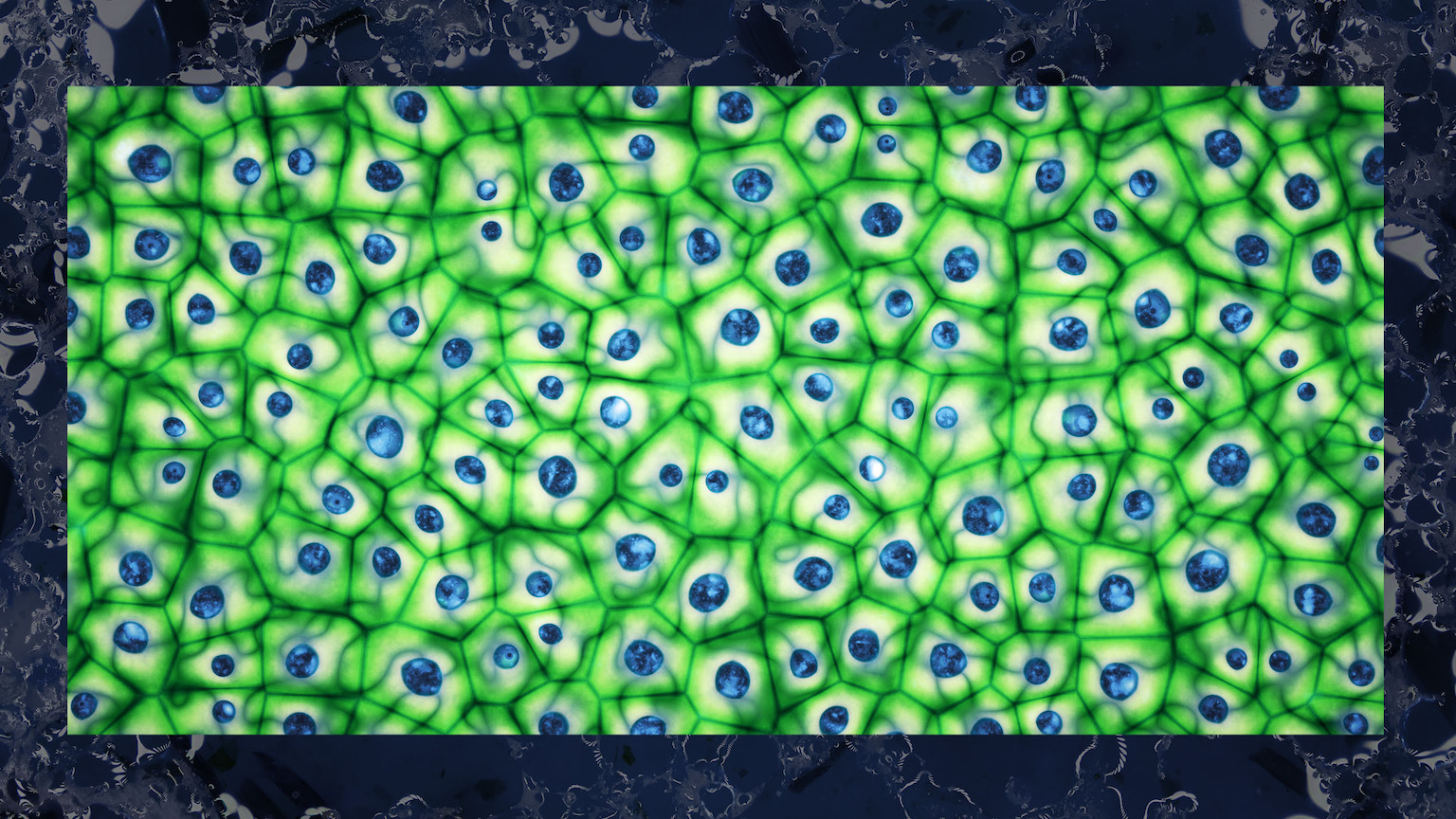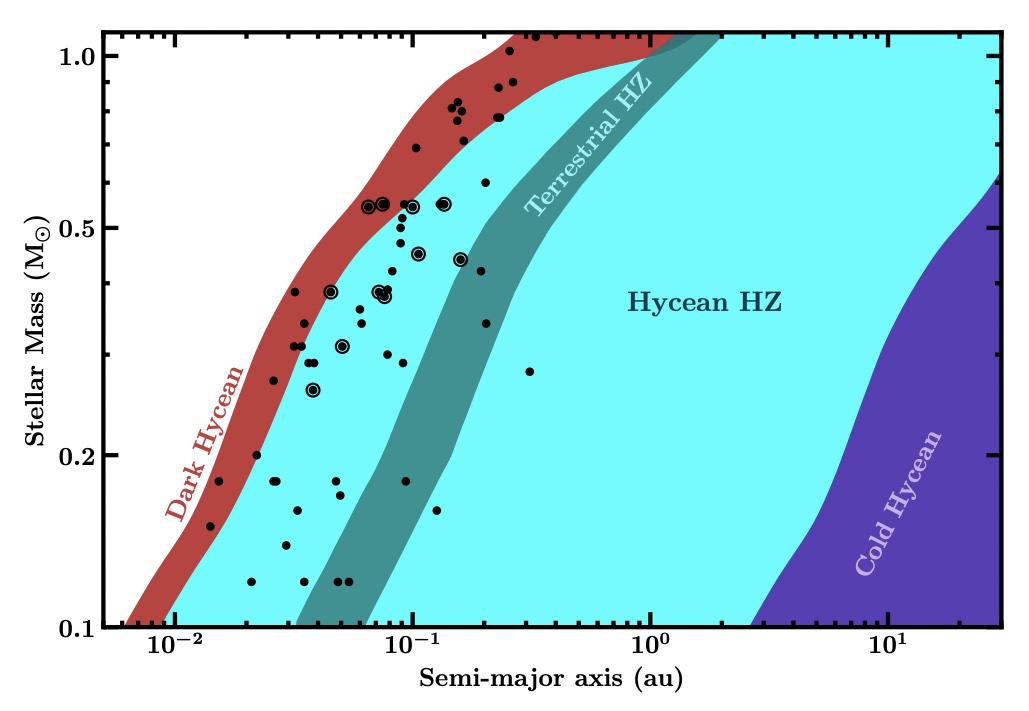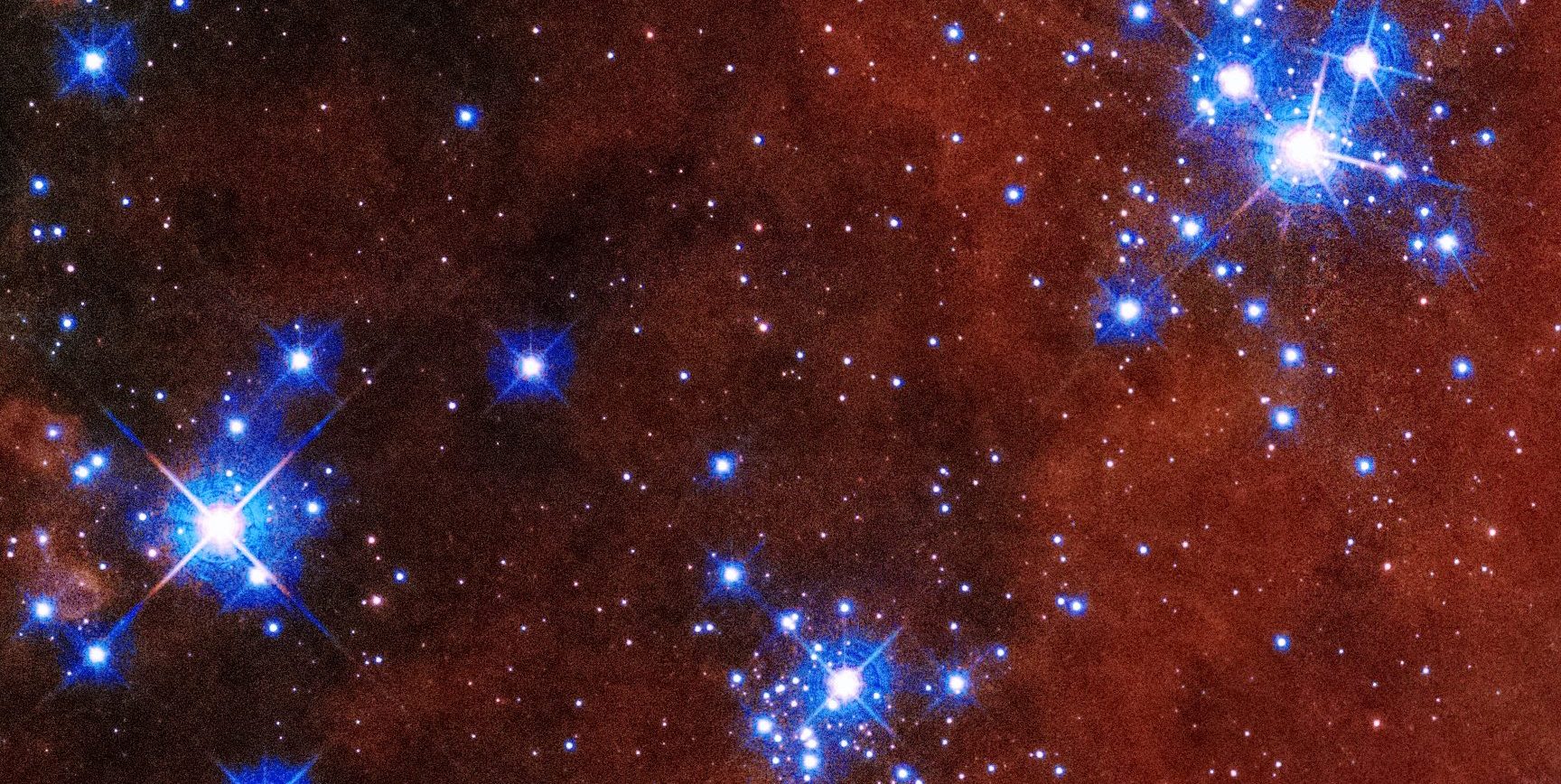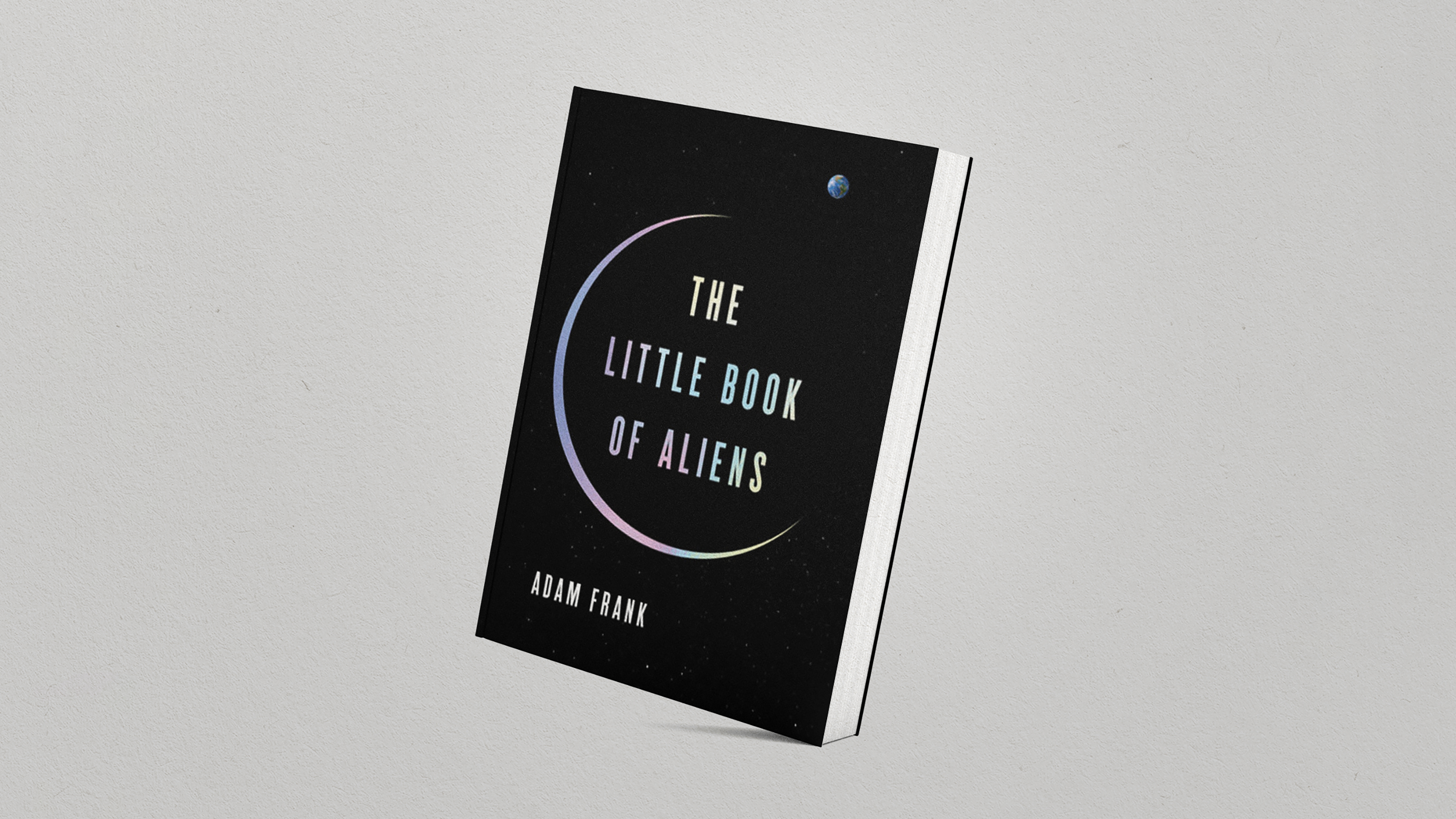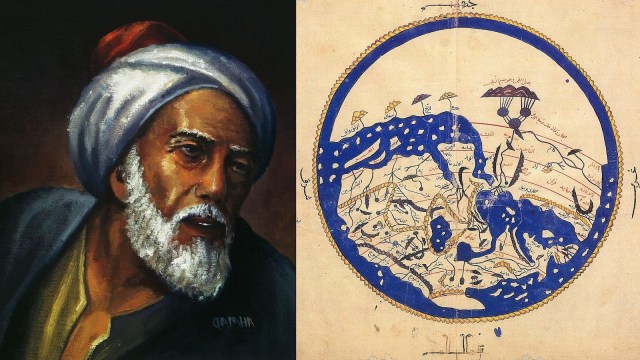Beyond the Copernican principle: A radical idea rethinks humanity’s place in the cosmos
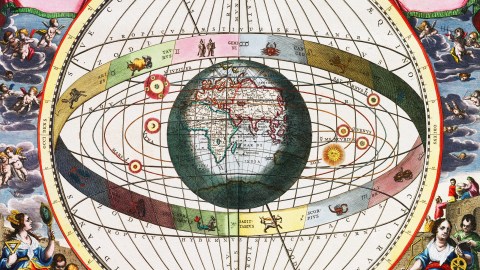
- Given the vastness of the Universe, it is tempting to conclude that humans do not matter. But this is profoundly misguided.
- The geological history of every planet is unique and, therefore, so is the evolutionary history of its life. That means there can only be one Earth.
- We must adopt the principle of “biocentrism” if humanity is to survive the existential crises that it faces.
There are ten billion trillion planets in the visible Universe where life might form. Given that spectacularly large number, most people would argue that we cannot be the only intelligent self-aware creatures in the cosmos. And from that conclusion, there sometimes comes a profound sense of our insignificance. How can we humans matter at all in the face of such a vast Universe brimming with planets and, potentially, life?
That conclusion is, however, just as profoundly misguided. This is the major thrust of my colleague and fellow 13.8 writer Marcelo Gleiser’s new book The Dawn of a Mindful Universe: A Manifesto for Humanity’s Future. Gleiser has written a broad and sweeping argument for a fundamental shift in how we understand ourselves and our cosmic setting with equally fundamental consequences for the future (if we are to have one). Here, I want to focus on one particular point that lies at the heart of his argument.
There can be only one Earth
With his usual mix of a poet’s ear and scientist’s acumen, Gleiser gives us a grand tour of astronomy, physics, and astrobiology to set the stage for asking the question: How can we matter in such a vast Universe? Detailed descriptions of the evolution of planets and life lead him to a startling conclusion: There can only be one Earth. It is from that vantage point that a new perspective on ourselves and our future emerges.
That ten billion trillion number certainly tells us that the cosmos has had a lot of planets on which to run experiments with life and civilization. But what it does not reveal is how specific the outcome of those experiments will be. The details of evolution on each world will be extraordinarily contingent on so many accidents that no two worlds will have the same history. That might seem like a small point, but when we add the evolution of life into the mix, those accidents start to matter.
Take the balance of land and water. Earth is approximately two-thirds covered by oceans. Why only two-thirds and not more or less? It turns out the delivery of water to the planet came through its early bombardment by comets and asteroids. The exact number of those planetary interlopers was a complete accident. In fact, we should expect that most planets will lie on the extremes of water delivery. Either they got so much water through comet impacts that all basins are entirely filled, and the water rises above whatever continents exist, or they got almost no water at all. This means most planets will either be water worlds or desert worlds. The almost half and half mix we ended up with may be very improbable. This has huge implications for the specifics of life’s evolutionary trajectory on each world. On Earth, tidal regions at the intersection between ocean and land played an important role in our world’s biological linages.
What all this means is we will not find another Earth. Our planet’s history is unique, and as a result, so is its life. There may be other planets with life, but they will have their own trajectories — including the possible development of minds. The origin of self-awareness on Earth is likely to have attributes that reflect our planet’s specific history. That means we are likely to be utterly and particularly unique in all the Universe.
Beyond the Copernican principle
It is from this vantage point that Gleiser makes his radical proposal. It is time to go beyond the “Copernican Principle” — sometimes called the “principle of cosmic mediocrity” when it comes to humanity. In his view, we need to tell a new story about ourselves that acknowledges how and why we are unique, even if there are other inhabited planets. The kind of “biocentrism” he argues for puts humanity back into the center of a story of a singular planet and its singular history. Only then, he says, will we be able see how precious, and even sacred, is the world upon which we find ourselves.
Human civilization faces profound challenges, ranging from nuclear war to climate change to unchecked AI. I think Gleiser is right that the worldview we have been living with is not up to the task of dealing with these challenges. We need a different kind of story, and the one he offers is both grounded in science and rooted in wisdom.

